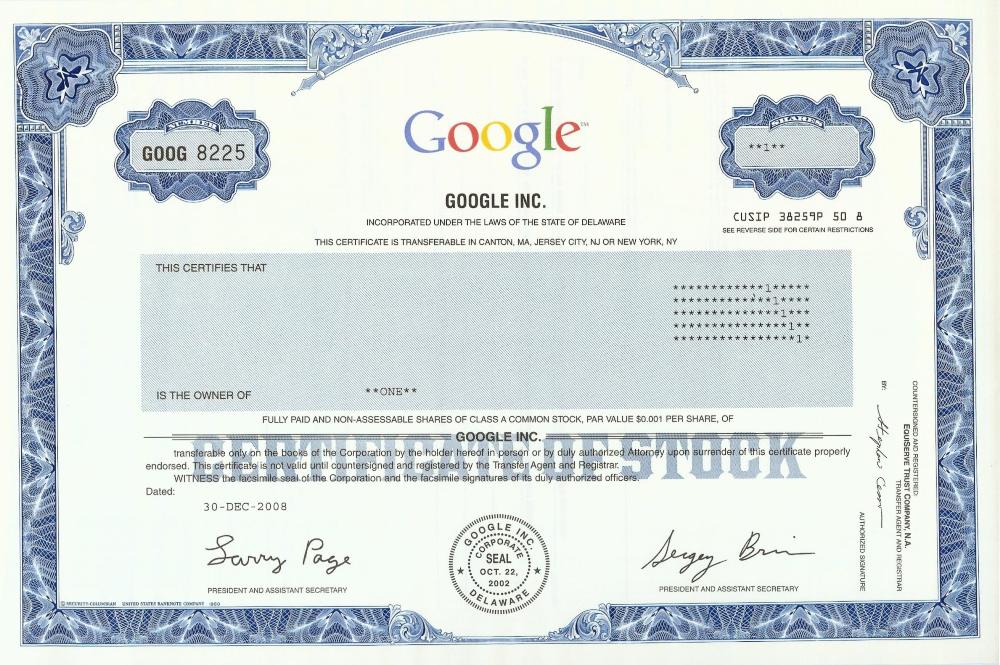Many new young companies seek to compensate their employees with ownership interest in the company. This can be a great thing for both the company and the employer. Giving employees an incentive to help the company grow is a win-win for everyone. But what happens when a company wants to compensate an employee only in stock or equity instead of cash?
Generally, this type of compensation structure is not permitted. Under state and federal law, employees must be paid at least the minimum wage in cash. Providing equity, no matter how generous the equity offer, does meet this legal requirement.
There is an exception to this rule, however, if the employee qualifies under the relevant exemption of the federal Fair Labor Standards Act (“FLSA”). To qualify for the exemption, an individual must (1) be employed in a bona fide executive capacity, (2) own at least a 20% bona fide interest in the business and (3) be actively engaged in the management of the business.
Unless an employee meets each of these requirements, paying in equity alone is not allowed and can give rise to legal claims for unpaid wages, and could result in significant liability for the employer, as well as possible individual liability for the president, treasurer, and individual “officers and agents” of the employer’s corporate entity.
For further help in determining whether you are being paid property or your company is properly paying an employee, contact Greene & Hafer, LLC.






